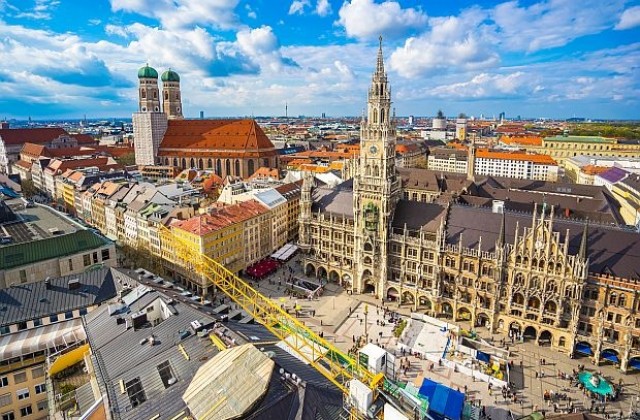"Germany is in trouble": industrial production in the country is experiencing the largest decline in its history
Declining investment, in particular, contributes to the highest rating of the right-wing populist party "Alternative for Germany"

Debt markets are betting that Germany's economic problems are not temporary.
Source. Bloomberg writes about it.
Economic stagnation, the real estate crisis, and the high proportion of businesses experiencing financial difficulties have been intensifying since the beginning of Russia's invasion of Ukraine. The spike in electricity prices that followed the war has particularly hit energy-intensive businesses, the publication notes.
Germany's industrial production is experiencing its longest recession in history, exceeding the 2008 financial crisis – and the forecasts for 2024 are also disappointing.
"Germany is really in trouble," explains Barings fund manager Brian Mangviro, "All major manufacturing economies are slowing down, but in Germany it's being exacerbated by rising energy prices. The automotive sector is also facing problems due to competition from China."
According to Bloomberg estimates, about $13.6 billion of German companies' bonds and loans were distressed in January. This is 13 times more than in Italy. In addition, about 15% of companies were in the distressed zone, which is the highest figure in Europe.
The US commercial property market is also adding to the problems: yesterday, Deutsche Pfandbriefbank AG, a major German bank, was forced to increase its collateral for its own bonds. Last week, Deutsche Bank increased its provisions for losses in the sector.
The uncertain future political landscape in Germany is putting additional pressure on the sector. The decline in investment, in particular, is contributing to the highest rating of the right-wing populist party Alternative for Germany, Deutsche Bank CEO Christian Sewing said.
In the fourth quarter of 2023, Germany's economy shrank by 0.3%, and in the third quarter it showed zero growth. However, Europe's most important economy is unlikely to avoid recession: the forecast for Germany for the first quarter of 2024 is minus 0.2%.
Background. As reported, Germany is considering the nationalisation of Rosneft's assets. We are talking about a 54% stake in the Brandenburg refinery in Schwedt, which Rosneft owns.
If you have read this article to the end, we hope that means it was useful for you.
We work to ensure that our journalistic and analytical work is of high quality, and we strive to perform it as competently as possible. This also requires financial independence. Support us for only UAH 196 per month.
Become a Mind subscriber for just USD 5 per month and support the development of independent business journalism!
You can unsubscribe at any time in your LIQPAY account or by sending us an email: [email protected]



